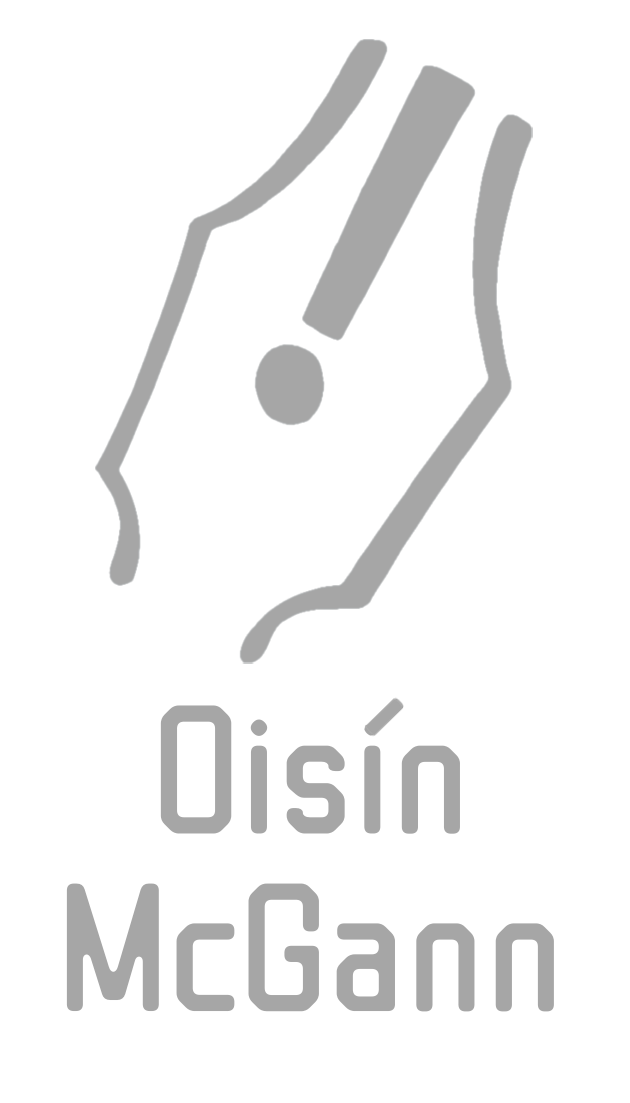1. The biography on your website describes how you struggled to make a living out of writing. Did you ever consider giving up?
No, I never gave any serious consideration to quitting, although there were times that I wondered if I would have to make major compromises in what I wanted to do. Thankfully, I was able to avoid most of those. By the time I’d written my first novel, The Harvest Tide Project, I had been working as a self-employed commercial artist for a number of years and had developed a very thick skin. And once I’d realized that this was what I wanted to do with my life, I never really felt I had a choice but to keep going no matter what.
2. Would you recommend writing as a profession in light of the difficulties you faced?
I would never suggest that someone should not work as a writer. Writing is such a pleasure and can be enjoyed by anyone who tries it. But almost everybody who gets into publishing finds it tough at the start. Everyone gets rejected – most of us have been rejected many times, and that includes most of the biggest, most successful writers in the business. For anybody who wants to get published, I think it’s vital that they understand the difference between being a writer and making your living from writing. I believe everyone can write to some extent, and in some form or other, but not everyone is cut out to do it as a job. Making a living from books requires not only that you be able to write – and, of course, have something to write about – but also that you be able to run your own business, to promote your own work, to always seek out new contacts and also, to find ways of making money from other forms of writing when one avenue isn’t paying.
3. Do you see writing as something you truly enjoy or do you consider it a mere occupation?
I think you’d have to be a complete eejit to get into this just for the money, and any professional writer would say the same. I heard recently that a survey in Britain found that the average published writer over there makes about £5,000 a year from their books. It would be even less here. Very few can make enough from their work to do it full time, and only a tiny, tiny percentage become rich and famous. So the only reason for doing it is because you love it. That said, I am self-employed and do still approach the production and marketing of my books from a business point of view. Which is how I manage to make a living from it. Over half my work time is spent not writing or illustrating, but doing all the other things necessary to make it pay. But first and foremost this has always been about spending my days doing what I love, and the fact that I can is a dream come true and something I don’t take for granted.
4. Which is your preference, writing or illustration? Why?
I could never choose. The two work together as a unit, and fulfil very different needs. It’s like eating and drinking for me. Just because you’re desperate for a glass of water, doesn’t mean you don’t crave a pizza too.
5. Where do you find inspiration for your books? From your personal life, family, childhood, etc?
There is inspiration to be found everywhere. The question writers are asked most often – along with ‘What’s your favourite book/author?’ and ‘How much money to you make?’ – is ‘Where do you get your ideas from?’ There is no simple answer to this. Every facet of life feeds information into your brain that gets churned up and spat back out in the form of stories. Some ideas seem to come out of nowhere, others are sparked by something you experience through one or more of your senses. When I’m stuck for an idea, one technique I use is to look at ordinary things around me and imagine them in a different way; do something weird to them; turn them on their heads; take them out of context; picture them in a different place or time; have them happening to a particular type of character, or simply just exaggerating them out of all proportion. The world is full of things to inspire us; the sights, sounds or smells of a new place; the way people act and speak and the differences between them; the happenings on the news; all the entertainment we indulge in . . . we are surrounded by the stuff of stories. They need only be written down and crafted into shape.
What I would say to anyone who wants to work as a writer is: if this is what you really want to do, then write what you love to read, so you’ll enjoy the process for its own sake. That way, you’ll keep doing it even when things seem tough. It is a great, great life if you can make it. Apart from that, well . . . just get on with it!
All the best,
Oisín McGann.
